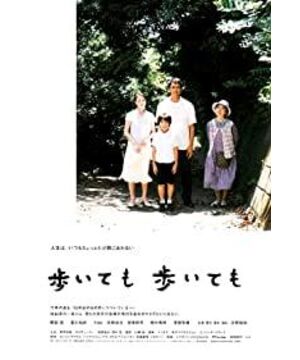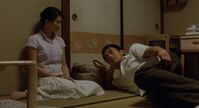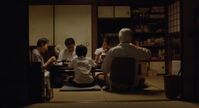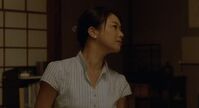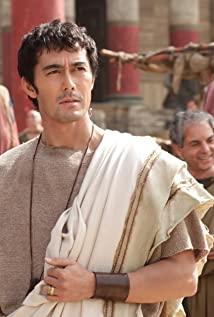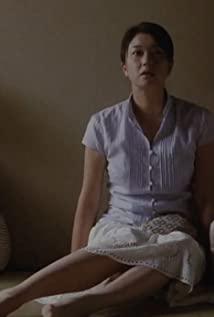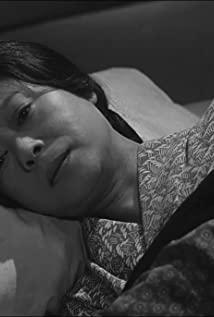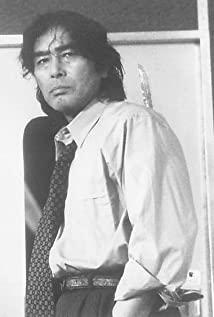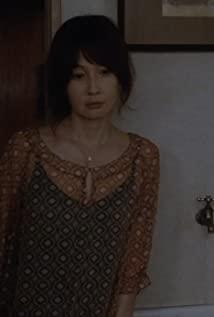One of the most moving parts of the walk was when the grandmother worshiped the tomb of her eldest son, Hayabira, and said, "There is nothing more sad than worshiping the tomb of your own child. I didn't do anything bad, but I got this in exchange", and then bowed down. to pull up the weeds on the edge of the tomb. In the second half of the sentence, I immediately thought of my brother's last words, "I have never done anything bad in my life, why is this happening".
People are very good at self-conciliation in the face of various fates, and eventually they will try to find a reason and it will work. But in the face of the departure of our close relatives, we couldn't figure it out, so we could only question the tricks of fate, why it was me. Has the matter been settled? too difficult. So grandma would invite the rescued person year after year, making him uncomfortable, but he was unforgivable on the surface and peaceful in his heart. Cruel? kinda. But for a mother to use hatred to remember such a deep maternal love, it seems more understandable and understanding.
I like the role of grandma very much. She is respectful and respectful, and she also has small emotions and nagging in private. She has skillful cooking skills and certain habits, just like some relatives around her. Dan Feng said softly as if nothing had happened, the wrinkles under his brows and the white hair on his head hide how many secrets. She also loves her second son Ryohei very much, and the interactive dialogue with Ryohei all reflects her love for her son. Holding my son's clothes when going up and down the slope reminds me of my mom and I pushing each other up and down the stairs.
Of course, every character in the movie seems to be able to say something, because they are all life-like, humane, and multi-faceted. The world of children is so insightful and full of changes; the sushi boss's role in just a minute or two can also indirectly change the interpersonal relationships in the town and his personal lifeline. During the day, I roughly re-watched it again. I didn’t know much about the technology, but I clearly felt that the design of many details was so intriguing, and the hidden layout was slowly advanced or unfolded, which was wonderful.
Yesterday I said that this movie hit me, a seemingly ordinary family experience, but it seems to have seen the state of a lifetime. Kind of like "One One". And its biggest charm is that it connects the movie with the personal memory and has a chemical reaction. What you see when you watch the movie is yourself. Death, intergenerational relationships, parents, etc., these are all questions that I have faced or will face. There is no answer, but I can give some hints. The monologue at the end of the film seems to have left a lot of regrets, some of which cannot be made up, and some of which are being completed. This is not a bad thing, this is the foundation for continuing life. The so-called non-stop, is that the past life has left imprints on you. You can continue to walk along these imprints and leave these imprints on the next generation. human growth. This is life, it may be life, in a sense.
View more about Still Walking reviews


